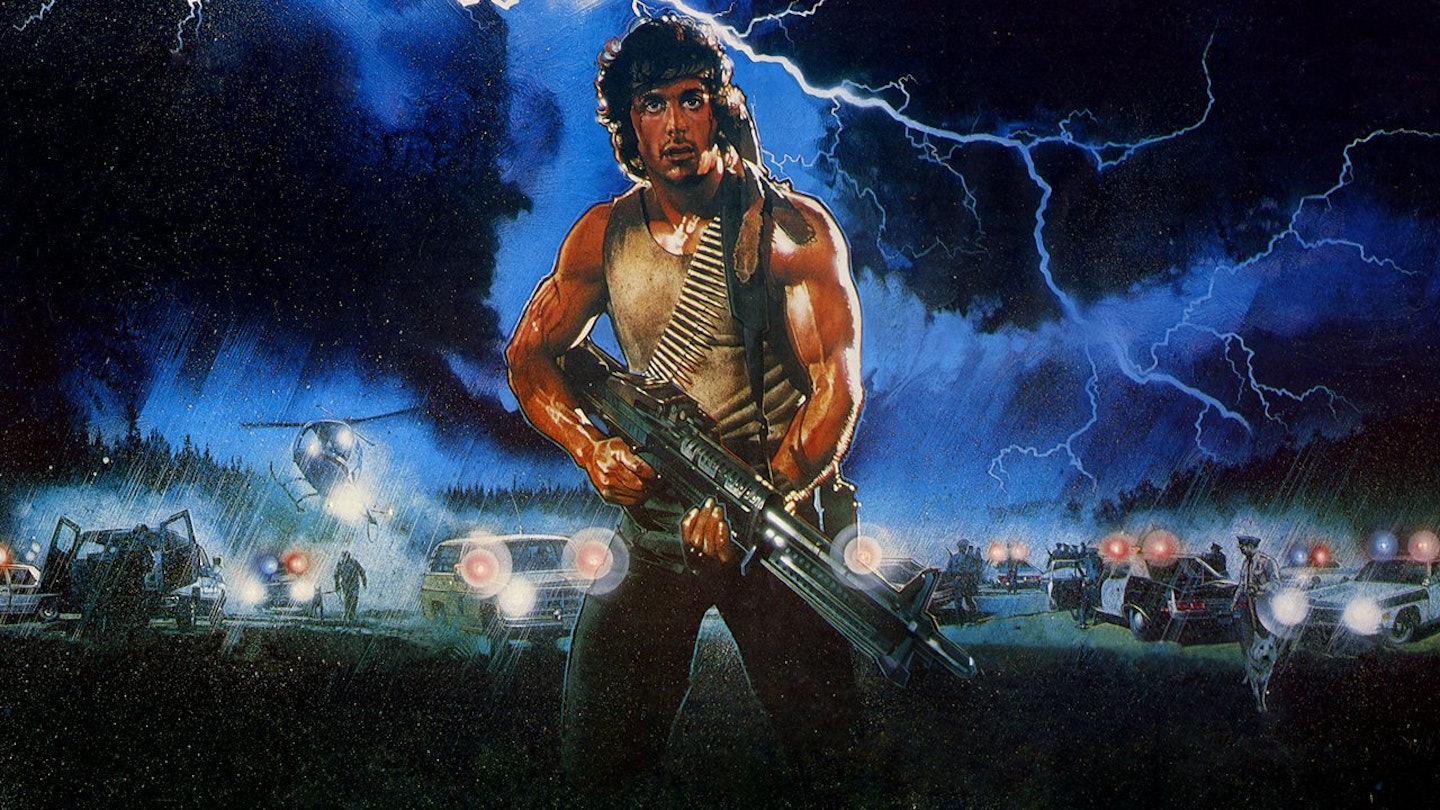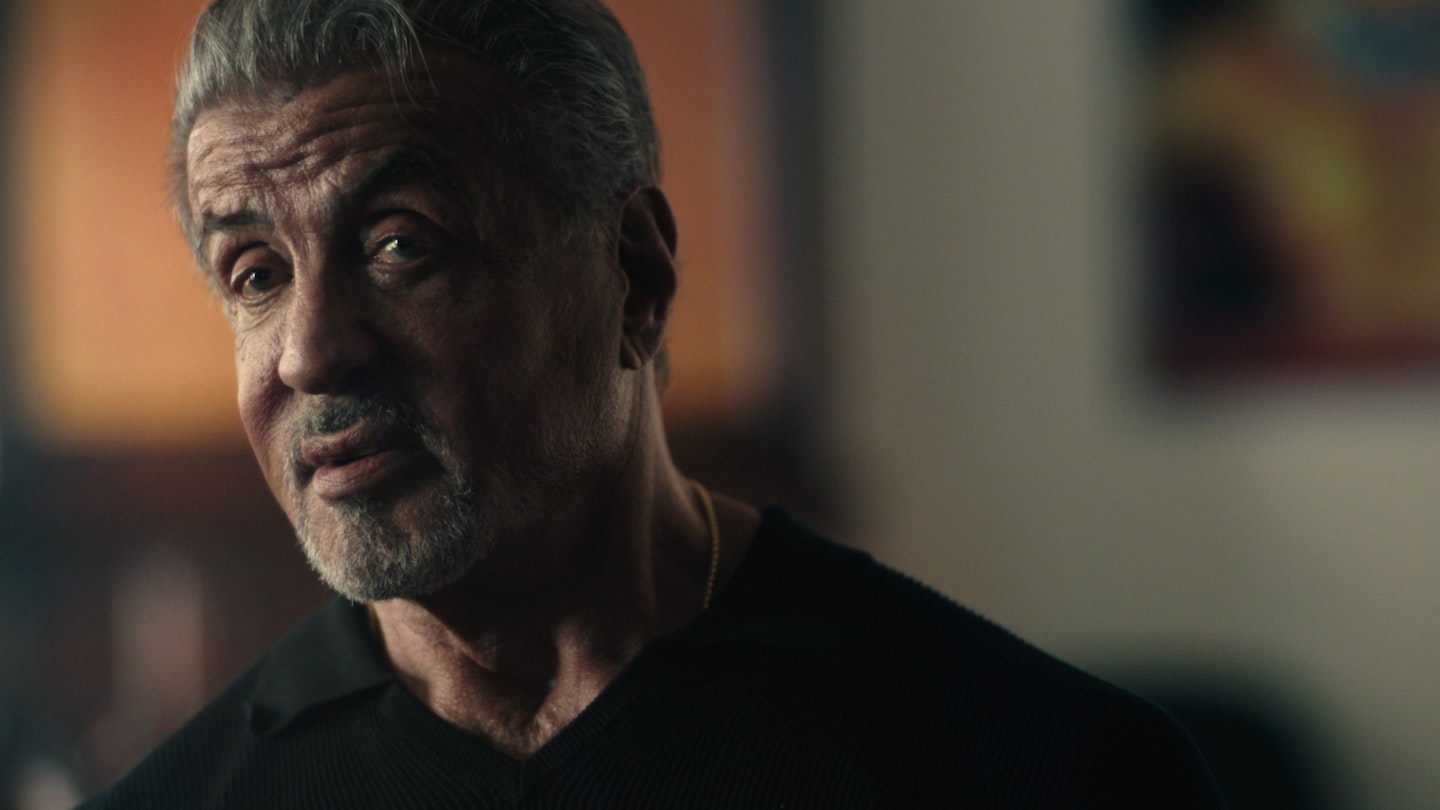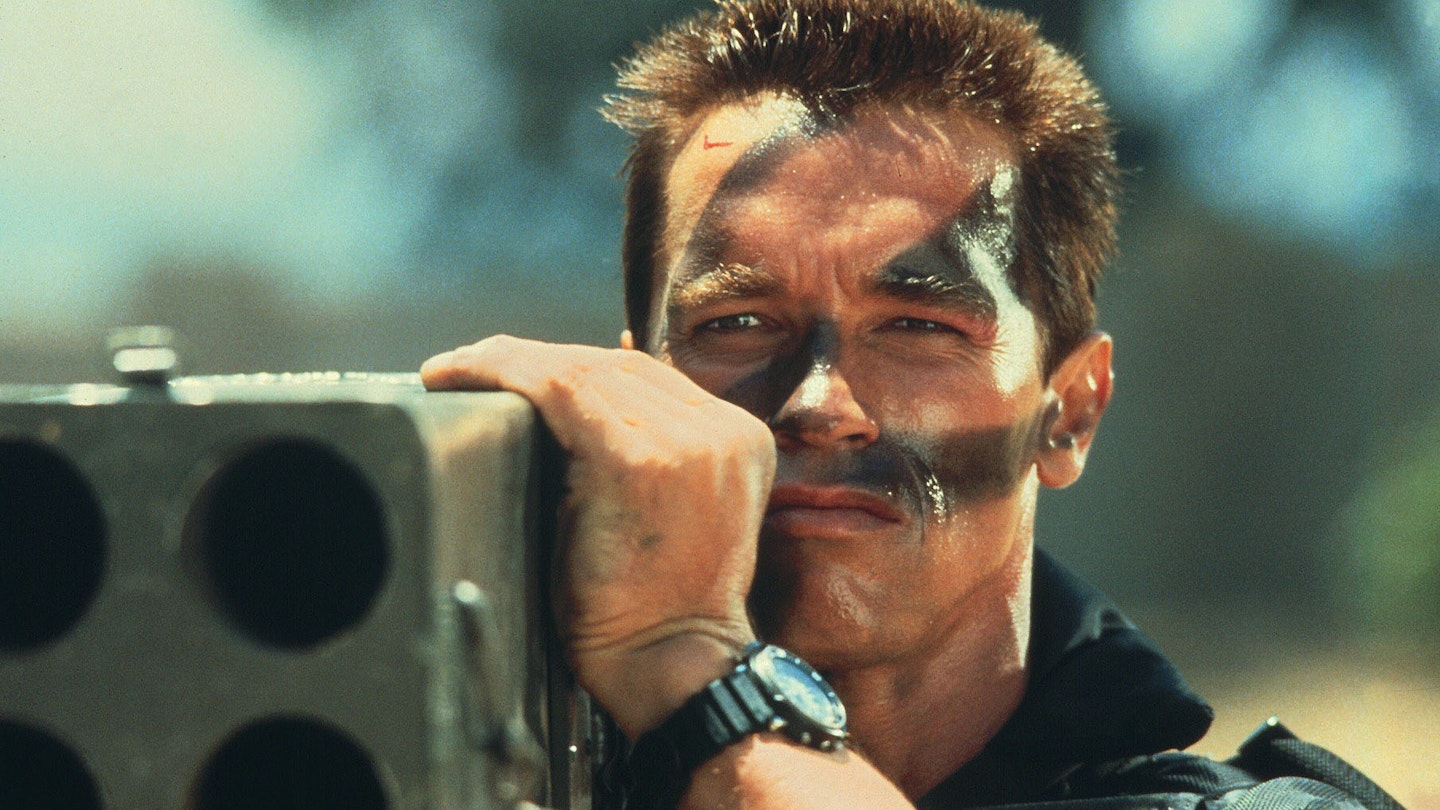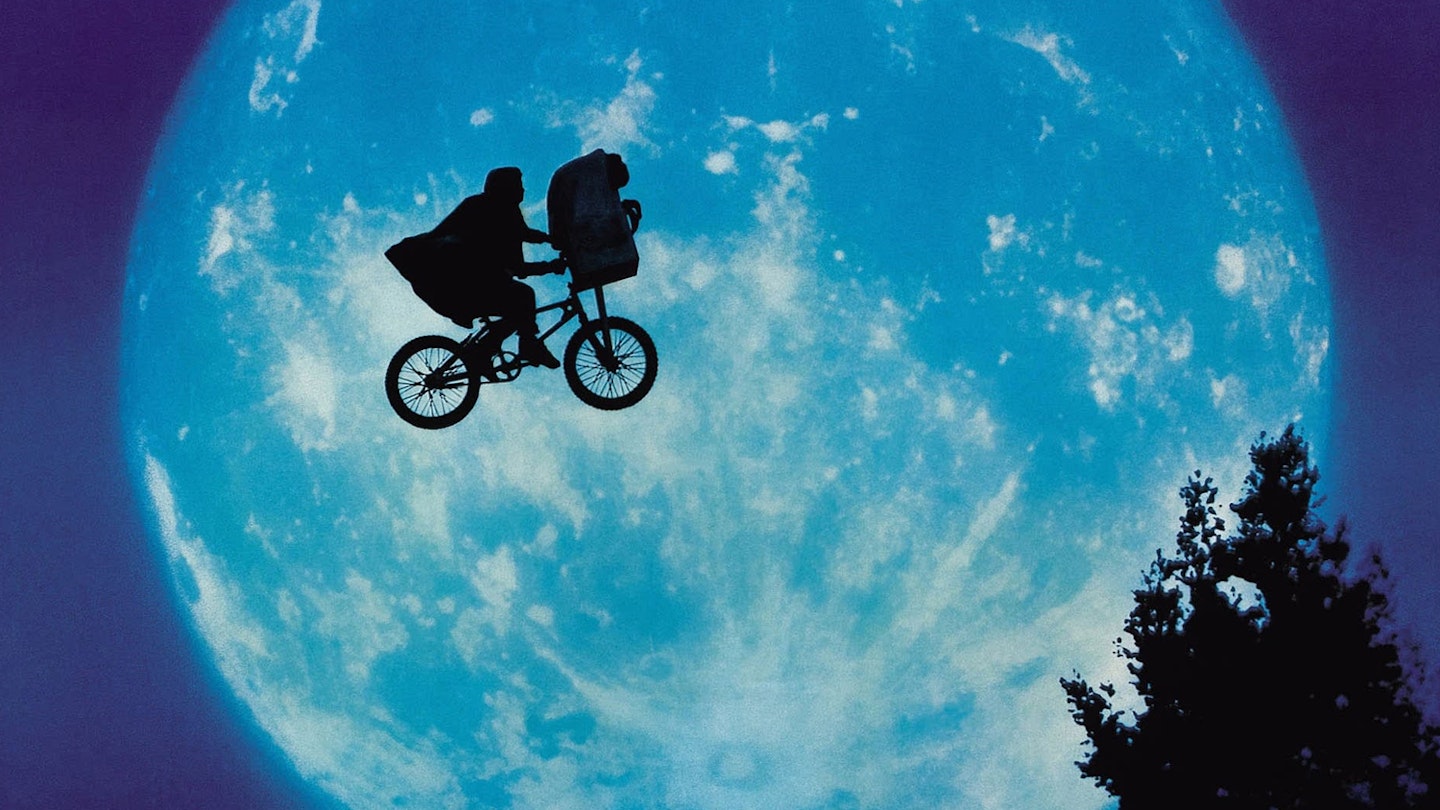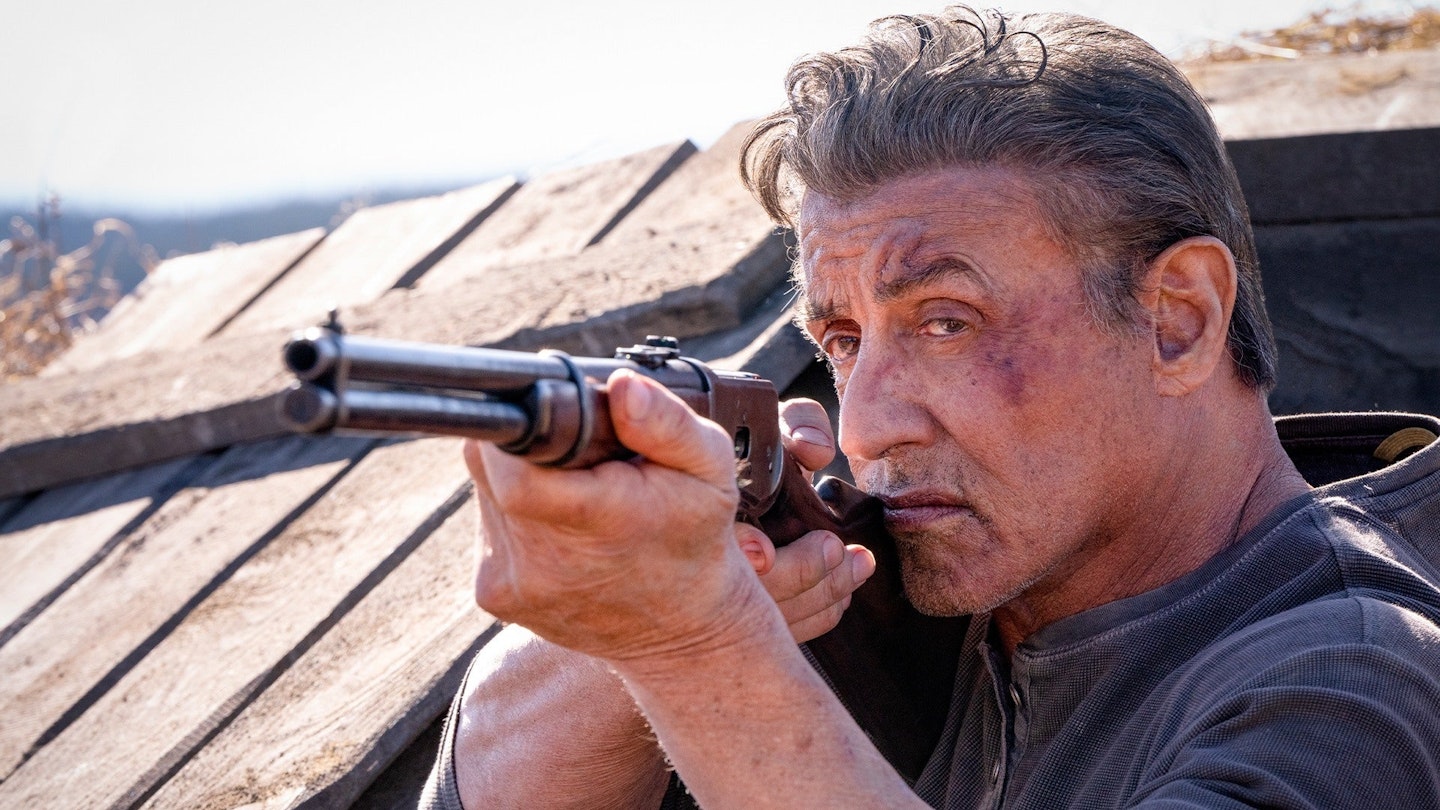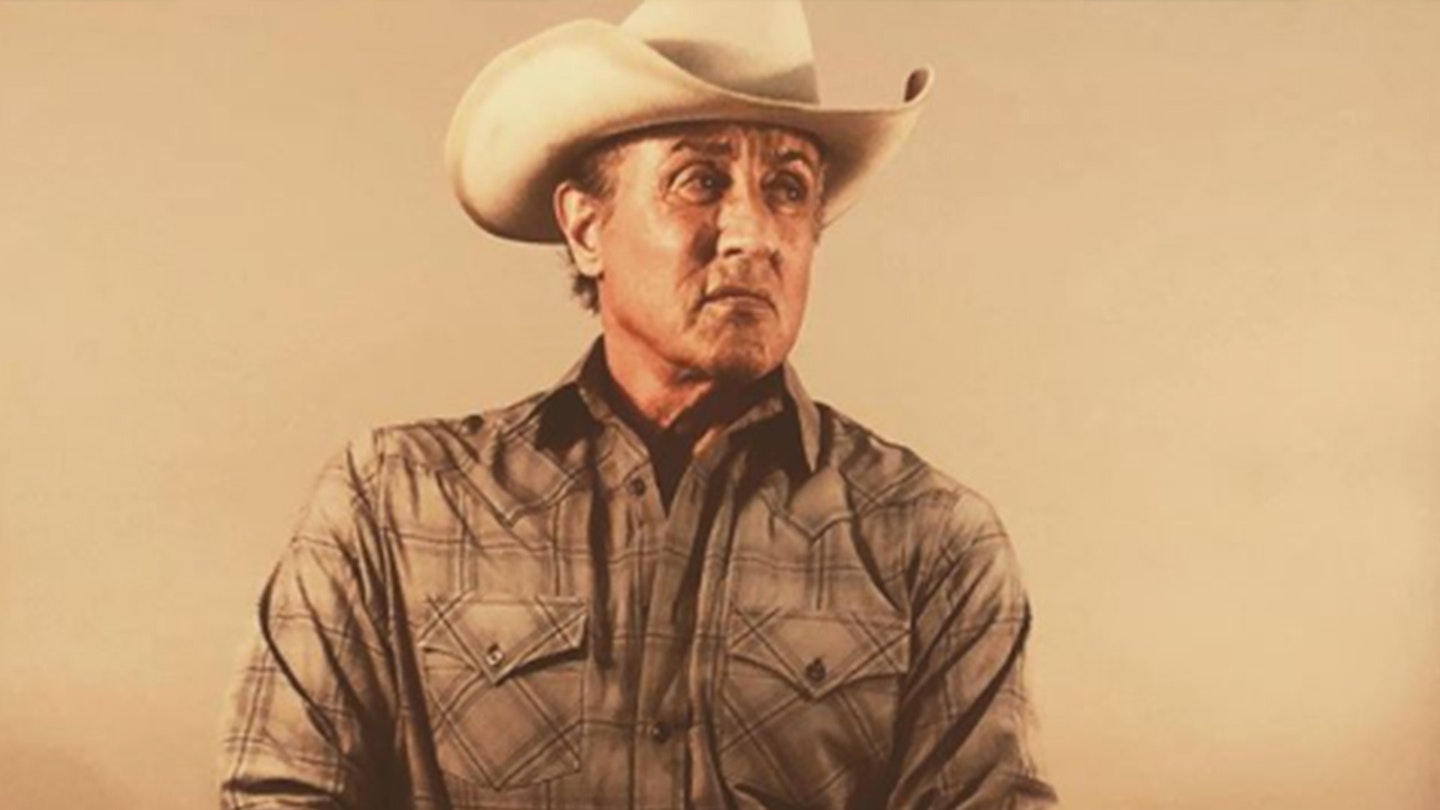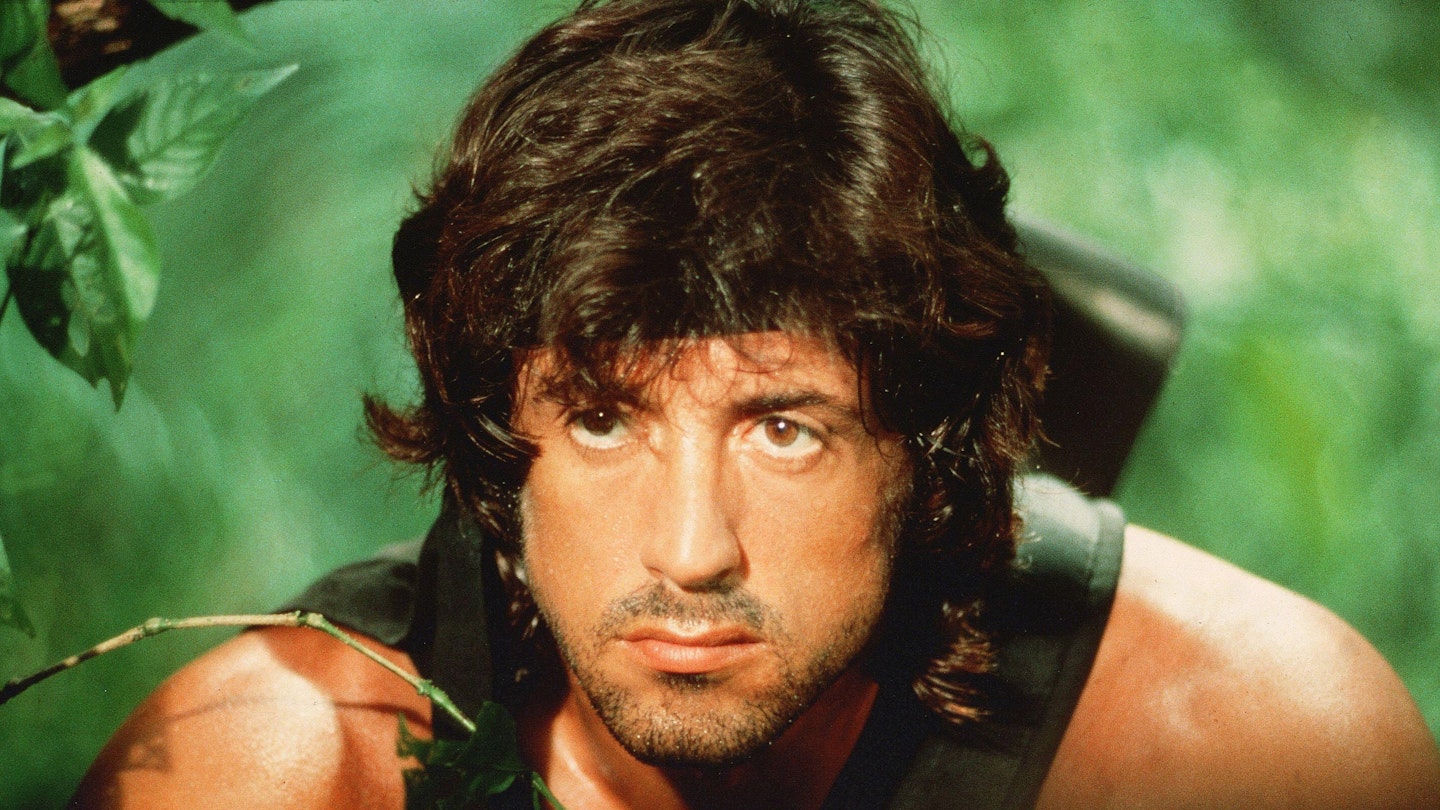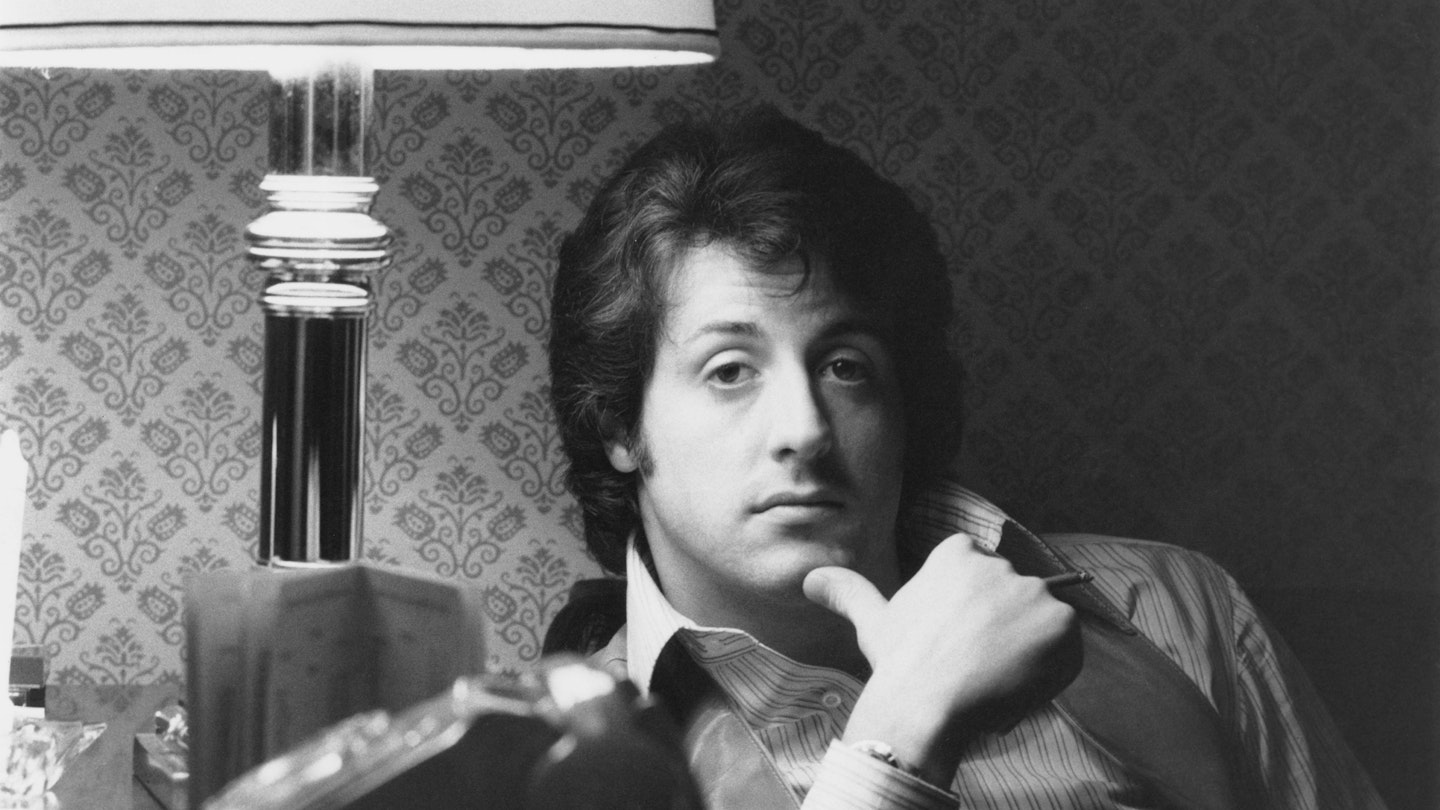It should, on the face of it, be almost impossible to defend John Rambo. For most people the name conjures up the cartoonish excesses of Rambo First Blood Part II (1985), with sweaty Sylvester Stallone grunting his way through director George P. Cosmatos' kerosene drenched excess. But times get the heroes they deserve, the erstwhile cine-hack progenitor of the likes of The Cassandra Crossing (1977) and Cobra (1986) (together with a youthful James Cameron on screenplay duty) delivered an icon utterly appropriate to the political and social overkill of the mid 80s.
The unfeasibly pneumatic Stallone, complete with ammo-decked granite-hewn pecs and an anti-tank grenade launcher slung casually over his shoulder, became a poster-boy for America's flourishing Republican right. Ronald Reagan became — entirely to his non-dismay — "Ronbo". The gun lobby gazed lovingly at Rambo's array of hardware like horny raincoats at the ammunitions equivalent of a fuck show. And potato-headed adolescents in Arse Springs, Arkansas, no-doubt dribbled half-chewed "goober" as the Vietnamese were reduced to so many targets on a hi-tech human coconut shy.
It's all gloriously ironic because, in fact, the John Rambo created by novelist David Morrell is a considerably more ambivalent, anti-authoritarian figure than the steroidal stereotype of the First Blood sequels. In fact he's the first of a cinematic archetype — the emotionally wounded vet betrayed both then and now by his country — and of a sub genre, the confessional 'Nam film. After Rambo it would be impossible to make a gung-ho rumble in the jungle like The Green Berets (1968) and have it taken seriously. Platoon, Casualties Of War, Hamburger Hill and Full Metal Jacket all incorporated some element of the "war as a personal hell" motif while Oliver Stone located Rambo's real-life counterpart in Born On The Fourth Of July. For American audiences at least, these post-Rambo Vietnam flicks were the ideal combination of bloody mayhem and Oprah-style emotional gush, crystallised in the poster image for Platoon, a soldier, arms flung heavenward with the legend "The first casualty of war is innocence." But Rambo got there, and lost it, first.
It's pretty obvious that First Blood is going to be an untriumphant take on the war from the very start when John Rambo wanders into a small, picturesque lakeside town to track down an old war buddy. There he finds that his friend has died of cancer — blamed by his widow on all that "orange stuff" employed by the US Army. Worse, when the local Sheriff (ever dependable movie heavy Brian Dennehy) criticises him for wearing, ironically he assumes, the American flag. Rambo's response, after being abused and degraded, is to deliver a little taste of Vietnam to the small-town America that had put him there. In so doing, Dr. Frankenstein like, he created a monster.
But as well as the sociopolitical fun to be had, and the deeply satisfying fact that once again America got hold of the wrong end of the cultural stick, there's the fact that First Blood is a first-rate, taught action thriller. Ted Kotcheff, an eclectic Canadian director who won an Emmy for classic British TV drama Edna, The Inebriate Woman before much later delivering the less critically lauded Red Shoe Diaries 3: Another Woman's Lipstick, paces the film superbly — the motorcycle/police cruiser chase in the opening 20 minutes is a textbook example of how to shoot one, using no musical soundtrack and long takes. Whereas cinematographer Andrew Laszlo (who the previous year had lensed backwoods drama Southern Comfort to which, along with Deliverance, First Blood owes at least a visual debt) shoots British Columbia in coldly evocative greys and muddy greens.
Stallone himself employs the doe-eyed, baffled innocence that served him so well in Rocky before he transformed himself into a laughable human caricature. He's a walking, stalking muscular martyr who half the time seems to be inviting the audience to pull a thorn out of his psychic paw. Wisely, he restricts his dialogue to the bare minimum (admirable since he shares a screenwriting credit) only erupting into what many critics felt was absurd burbling in his final touchy-feely breakdown sequence ("... he's fuckin' screaming', there's pieces of him all over me... I'm tryin' to pull 'em off you know? And he... My friend! It's all over me!") But to be fair, isn't the whole point of hysterically emotional incoherence that it is emotional, hysterical and, erm, incoherent?
Whatever its flaws—which include a dreadful end-title song with the cringeworthy lyric, "It's a real war/outside your front door" as well as the creation of an early 80s adolescent vogue for cheap rip-off, "Rambo knives" complete with compass and "wire-saw" in the handle in case the same thing happens to you, down the Arndale presumably. All in all, not bad for the director who, seven years later, would deliver Weekend At Bernie's and a star who would go on to attempt the world's first arm-wrestling drama with Over The Top.
